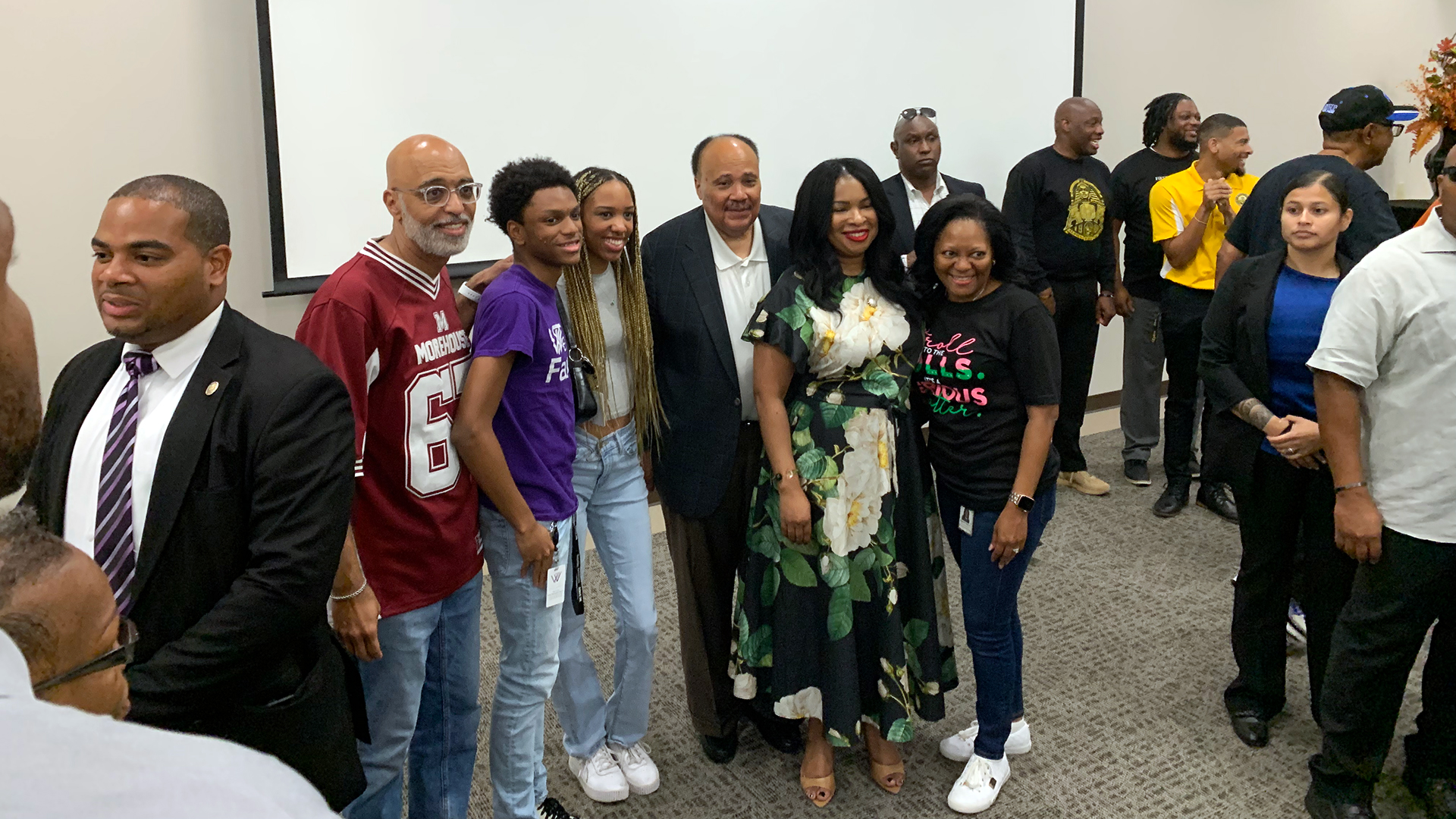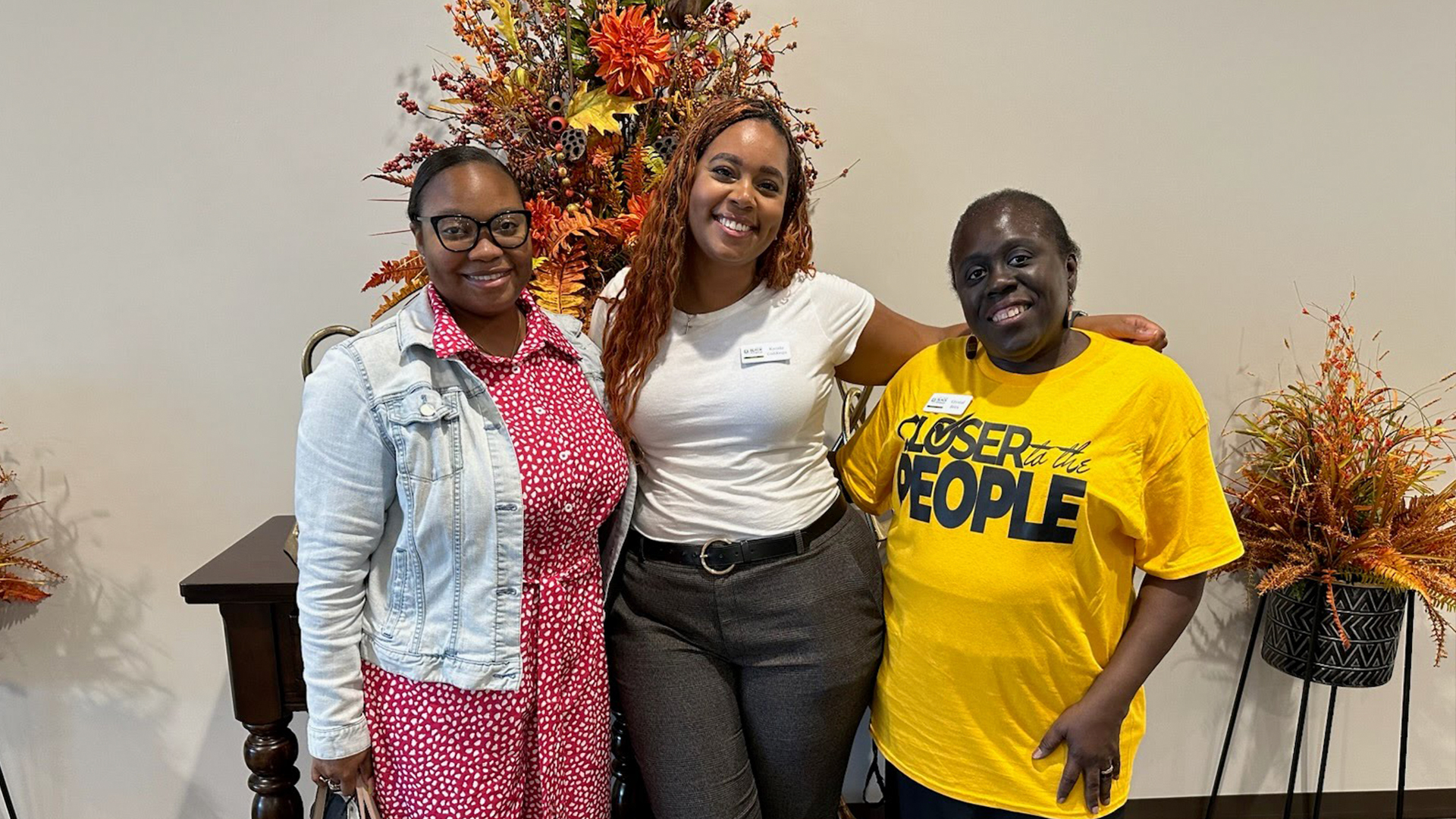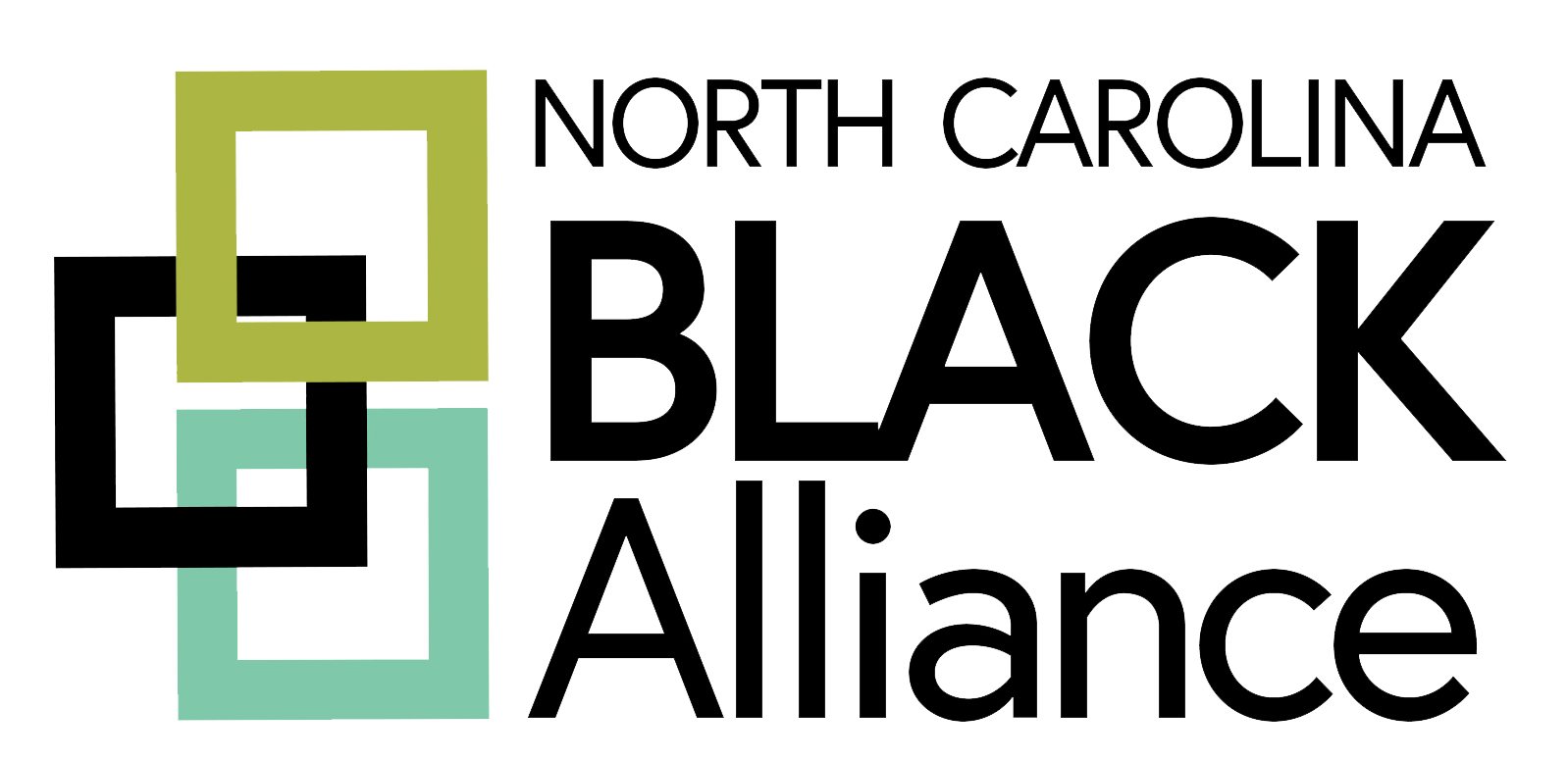Martin Luther King III: Dream still attainable through ballot box

Subject-matter experts explain connection between voting and Black progress
ROCKY MOUNT, N.C. — In the city where his father workshopped what would become the “I Have a Dream” speech, Martin Luther King III said the vision remains tangible if like-minded folk just go vote.
“Dad talked about creating a nation that ought to be, where everyone could have a decent job, where everyone could have a decent home,” King said during Breakfast & Ballots at Word Tabernacle Church Saturday morning.
Breakfast and Ballots, which encourages citizens to vote, was supported by North Carolina Black Alliance (NCBA), a nonprofit organization working toward state-level systemic change by strengthening the network of elected officials representing communities of color. NCBA collaborates with partners like Word Tabernacle Church, which brought in King, who further explained his father’s dream of an America “where everyone could have health care for every ailment that exists, where everyone could have justice. Guess what? That can happen. But it will not happen if we don’t participate.”
World Tabernacle Church Pastor James Gailliard polled the crowd to determine the prevailing issue in America. He rattled off possibilities, including inflation, public education, climate change, abortion, racism, health care, rights for the LGBTQ+ community and reforming criminal justice. Opinions were mixed.
“Listen, one thing can take care of all of it,” Gailliard offered.
Nearly in unison, individuals in the room roared, “Voting!”
There were more calls and responses earlier when NCBA health care coordinator Karida Giddings and NCBA grants manager Crystal Biles engaged the audience. Biles and Giddings connected dots linking health care to voting, explaining the correlation between zip codes and health outcomes, in particular, how politically carved communities — redlining — concentrated Black people in pockets of North Carolina and across the country with fewer trees, sidewalks and grocery stores with healthy food. The inequalities in those communities resulted in residents there with higher rates of cancer, respiratory infections, diabetes and more outcomes otherwise amounting to environmental injustice.

L-R: Jovita Lee, Ed.D, program director, Karida Giddings, Access to Healthcare Coordinator, and Crystal Biles, access to healthcare program associate
“Where people live impacts their exposure to health-promoting resources and opportunities,” Giddings said.
“Poor health outcomes can be found in our communities of color,” Biles said.
Voting, though, has good healing properties, Giddings said. Since Medicaid expanded in North Carolina Dec. 1, 2023, some 600,000 people who did not have health care coverage became insured. It was a victory born at the ballot box, Giddings said.
“It’s our communities that have benefitted the most from these policy changes in health care,” Giddings said. “On the first day of Medicaid expansion, Black people made up 40% of those who enrolled on Day 1. … Health care is affordable for so many more people in North Carolina, and we want to keep it that way.”
“We can make a change. We just need to make sure that we vote to get people in office who are going to represent our interests,” Biles said. “It is our local government that really is going to have a direct impact on the quality, the availability, the accessibility of health care in your community. They can impact the workforce that’s in your community, attracting providers.”
National and state-level politicians don’t have the personalized reach within a community as, say, city council members or county commissioners who might live up the street or around the corner, Biles explained.
Local politicians can be the difference in community members receiving health care from providers who really understand them, Giddings said.
“Those providers should look like people who live there, right? That’s kind of how you start to build trust,” Giddings said. “We have to kind of keep moving the needle, and that starts with who’s representing us.”
Biles used her preacher voice: “We can impact the health of our local community by doing what?”
“Voting!” her congregation shouted.
